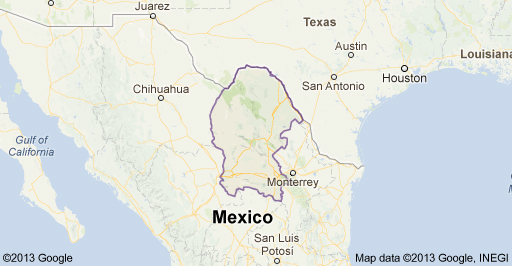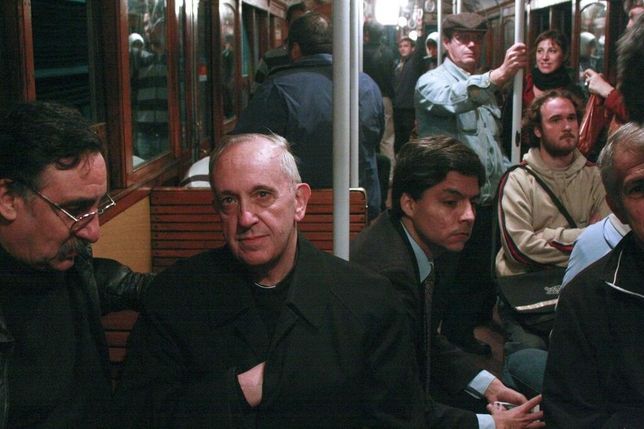In his 2006 State of the Union address, President George W. Bush declared, “Here we have a serious problem: America is addicted to oil, which is often imported from unstable parts of the world.”
What President Bush didn’t say — although it was just as true — is that America is addicted to other fossil fuels, such as natural gas and coal. In fact, the three countries that together contain 84 percent of North America’s population are all fossil fuel junkies. The battle over the Keystone XL pipeline has highlighted the Canadian-U.S. carbon habit, but information about Mexico’s energy battles rarely make the news here in the States. Most stories on Mexico focus on that country’s non-metaphorical drug problems.
Over at Living on Earth, there’s an interview about the surprising (to me, anyway) link between both of these addictions — to fossil fuel and to illegal drugs.
Here’s the introduction. Follow the link below to listen to the full interview.

The state of Coahuila borders Texas and produces 95% of Mexico’s coal. (Image: Google Maps)
CURWOOD: It’s Living on Earth, I’m Steve Curwood. Illicit drugs are a wildly lucrative business for many gangs in Mexico. But at least one cartel, the Zetas Gang, has found something even more profitable - coal mining. The state of Coahuila borders Texas and produces 95 percent of Mexico’s coal. It’s also ground zero for Mexican drug cartels turned coal barons. That’s according to a recent article in Al Jazeera, written by reporter John Holman, who joins us by phone from the roadside in Mexico. John, Welcome to Living on Earth.
HOLMAN: Hello!
CURWOOD: So how is it possible that mining for coal can be more profitable than selling illegal drugs?
HOLMAN: Well one of the big things is that in Coahuila there lots of small clandestine mines called pothos. And these sorts of mines that have very little regulation - and so obviously they can have bigger turnover from gangs like the Zetas gang - and obviously miners in that state not usually very highly trained and poorly paid - so that’s another reason they could earn a lot of money from it.
CURWOOD: So these are small little clandestine mines on the side of the roads that people are working.
HOLMAN: Yes, obviously Coahuila also has its share of bigger mines; as you said, it’s responsible for 95 percent of Mexico’s coal output. These small mines as you drive through Coahuila - as I did - and you can see them on the side of the roads in the coal district. And they’re literally just some men gathered around what looks a very ropey sort of machine to lower them down into the depths of the earth and bring up that coal.
CURWOOD: So walk me through this process. Who buys this coal from the drug cartels?
via Living on Earth: Mexican Drug Gangs Turn To Coal Mining.

